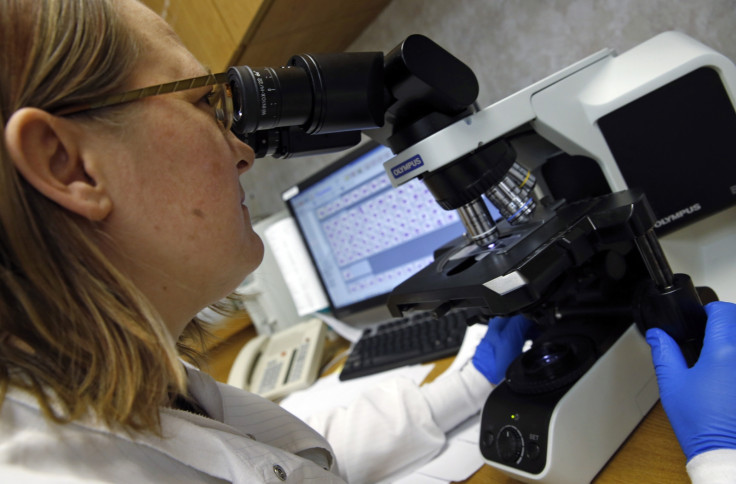New 'Pac-Man' cholesterol drug gives blood a spring clean to reduce risk of heart disease
New drug dramatically resets adult's cholesterol levels to those of a baby

Scientists have discovered a drug that dramatically enhances the effect of statins and returns adult cholesterol to the levels of a baby, according to scientists.
Alirocumab is being touted as an important new discovery against heart attacks and strokes after a global study showed it almost completely eliminates harmful blood fats in more than a third of people taking statins.
In a Sunday Times report, the study of more than 2,000 patients further showed that it halves "bad" or LDL cholesterol in those unable to take statins – the standard treatment for cholesterol.
Professor Kausik Ray, national lead of the drug's trial said: "Alirocumab, when used alongside a statin, will dramatically lower cholesterol. In fact, it has the power to reduce it to the level… you can find in a newborn. It cannot reduce your risk of heart disease to that of a newborn – we are talking about adult bodies here – but it can certainly cut the risk."
Statins are known to reduce LDL cholesterol by up to 50% and the Alirocumab reduces it again by almost 50%.
The newly genetically-designed antibody works by targeting protein called PCSK9, which prevents the liver from mopping up LDL cholesterol.
The drug "works a bit a like a Pac-Man, munching up all the PCSK9 proteins and allowing the body to get rid of bad cholesterol more effectively," said Ray.
The medication is injected once every two weeks into the body, as opposed to existing cholesterol drugs that are administered orally.
"It's a more potent and more effective lipid lowering drug, getting patients to goal by a 10-fold higher amount," said Dr. Patrick Moriarty, the study's lead investigator, who presented the results at the American Heart Association scientific meeting in Chicago.
Heart disease is the number one cause of death for both men and women in the US, killing around one million people every year. By 2020, heart disease is estimated to be the leading cause of death throughout the world.
© Copyright IBTimes 2025. All rights reserved.






















